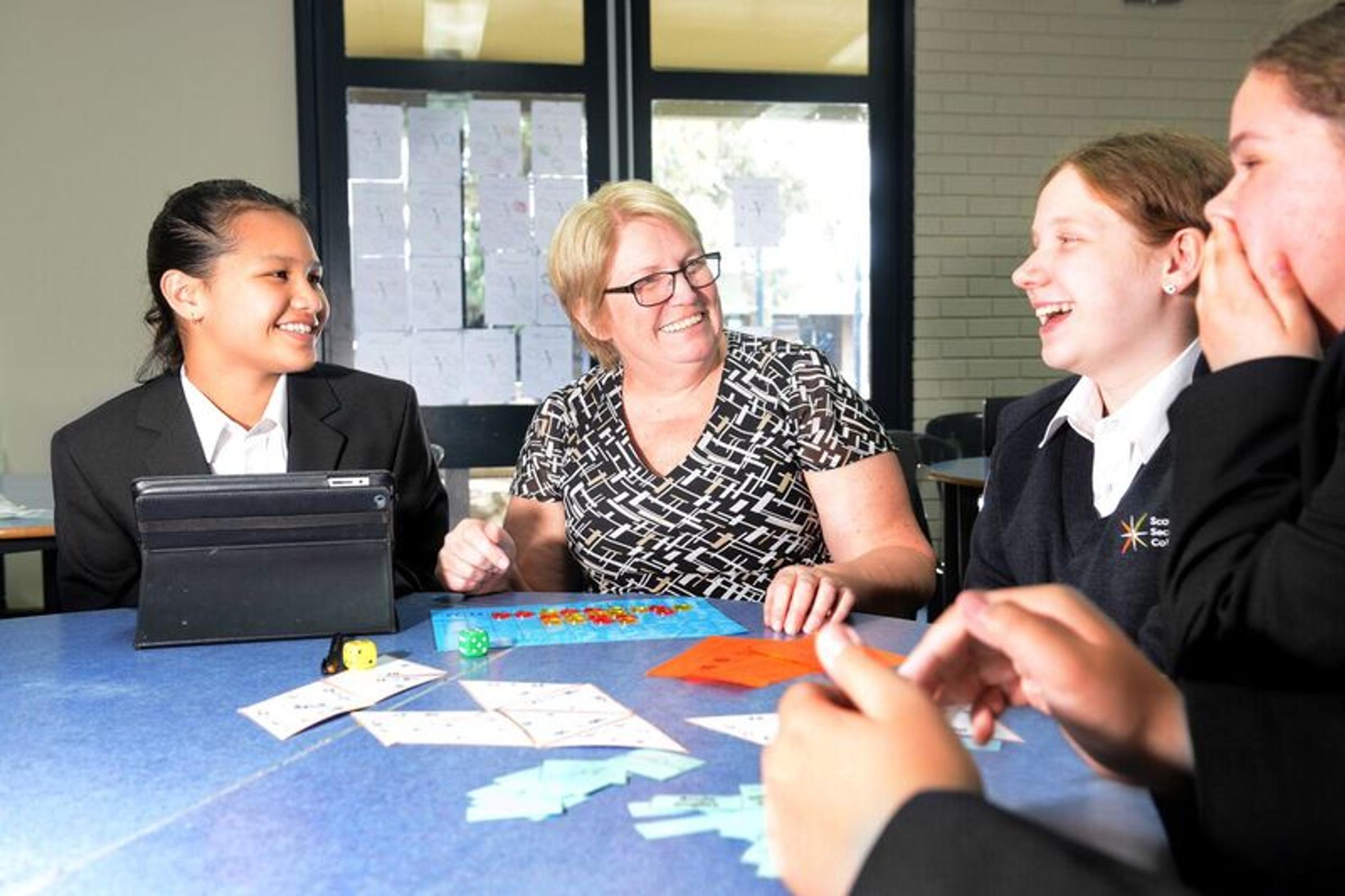Maths & Numeracy

Math Performance
I have now been at Scoresby Secondary College for a year and a half and my fondness for the students has not wavered during that time. There is one facet that I find disappointing and that is the struggle that teachers have to ‘make’, ‘coerce, ‘beg’ some students to do their homework to an acceptable standard.
As all Mathematics classes at Scoresby Secondary College will be having major exams before the end of this term I thought it would be timely to share strategies for better maths performance. I have used as a basis an article by Anne Marie Helmenstine, Ph.D as it closely correlates to my own philosophy.
7 Steps for Better Maths Performance
1. Understand rather than memorize
Students often seek out an answer, or a recipe or rule for finding that answer. They are reticent to use diagrams and concrete material to build up a concept. ‘Just tell me what to do, not why and how we do it!’ is a common complaint.
2. Maths is not a spectator sport, get active!
When the teacher is doing the example on the board with an explanation students often zone out, write down the example and believe they are still ‘doing work’. Students should be mentally working side by side with the teacher as they explaining, try to pre-empt their next line of work.
3. Practice, Practice, Practice
Students should consolidate the day’s lessons by undertaking drill at home every night they have Maths. I suggest as a minimum 20 minutes for Year 7 and 8, 30 minutes for Year 9 and 10 and 40 minutes for Year 11 and 12. This does not include assignments, investigations and so on.
4. Work additional exercises
Teachers rarely set the whole textbook exercise for homework. Students can do more questions in the set, work on supplementary resources such as Lightbook Starter or ask for additional exercises.
5. Buddy Up!
Talking to someone about the makes ensures that students are using the correct terminology. It allows students to look at different strategies and there is strength in numbers.
6. Explain and Question
Explain to someone else how to solve a problem.
Remember William Glasser's findings:
10% of what we READ
20% of what we HEAR
30% of what we SEE
50% of what we SEE and HEAR
70% of what is DISCUSSED with OTHERS
80% of what is EXPERIENCED PERSONALLY
95% of what we TEACH TO SOMEONE ELSE
William Glasser
7. Text a friend or email a teacher!
Students should seek advice or at least inform the teacher that they are having problems. Often they are just a little off track and much angst can be avoided by a quick email.
Leanne Wilson
Numercy Coach
